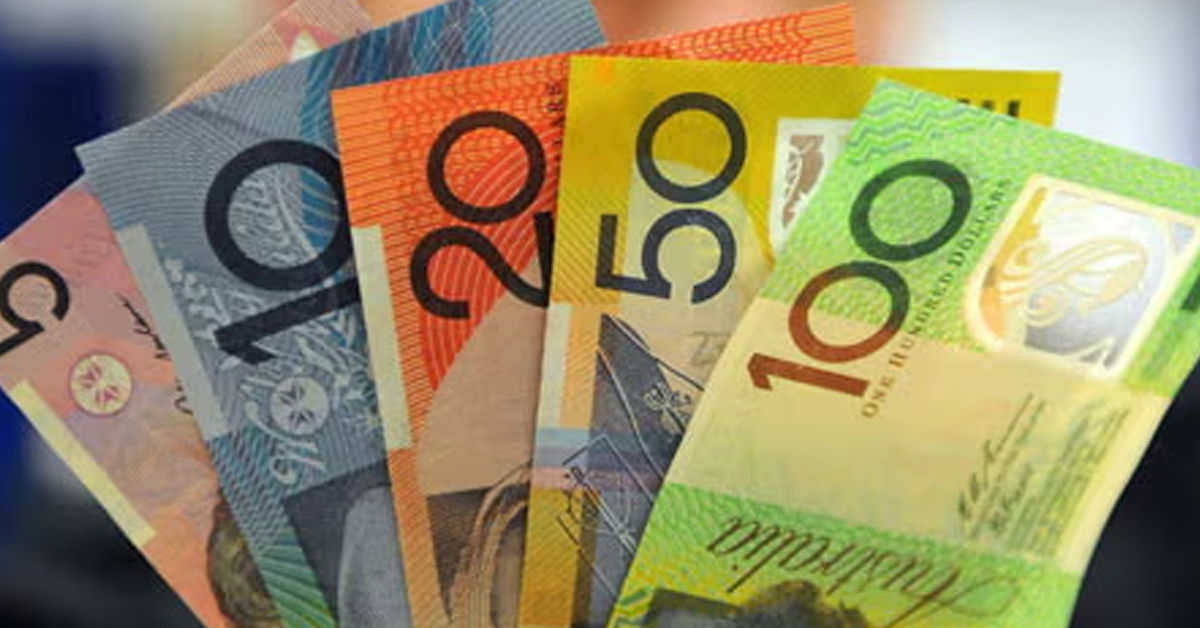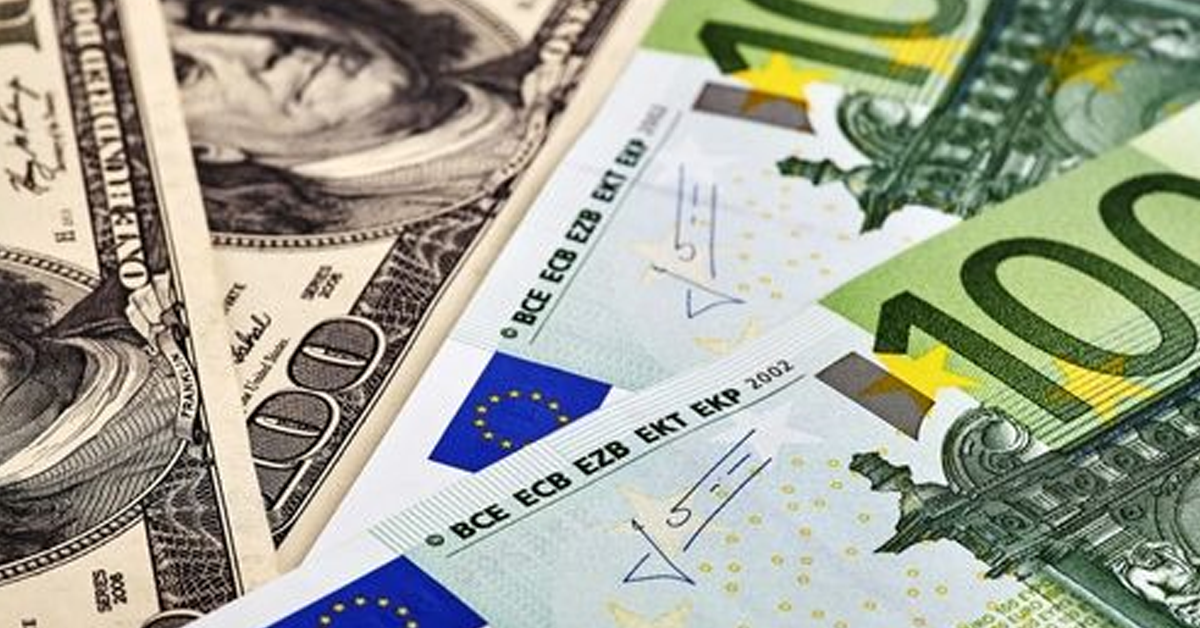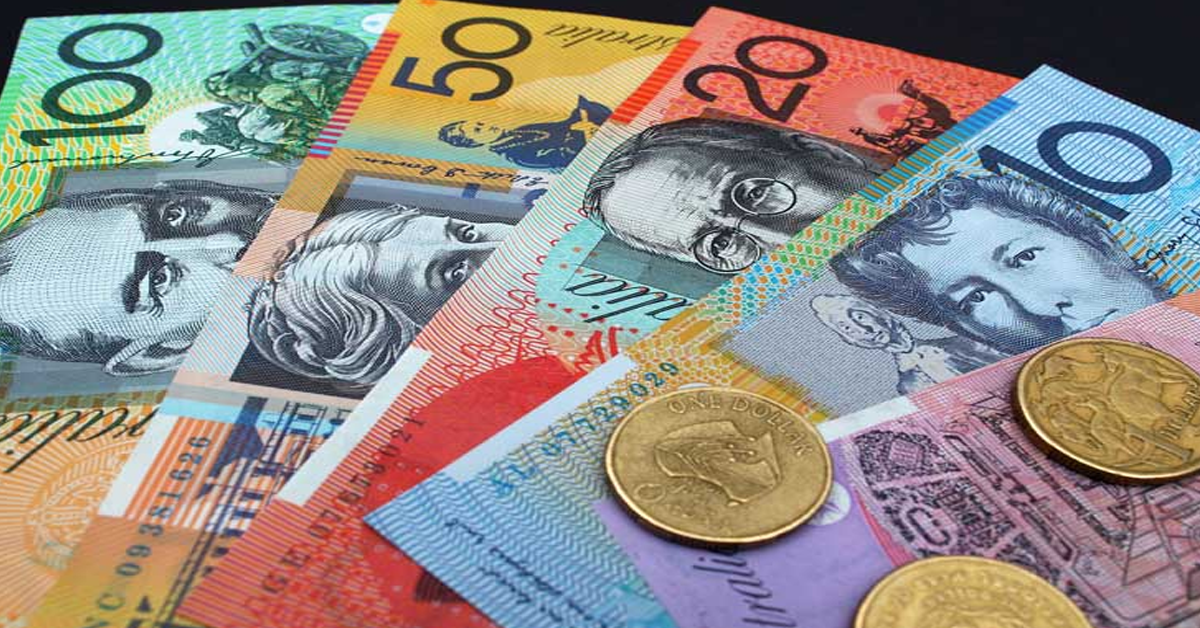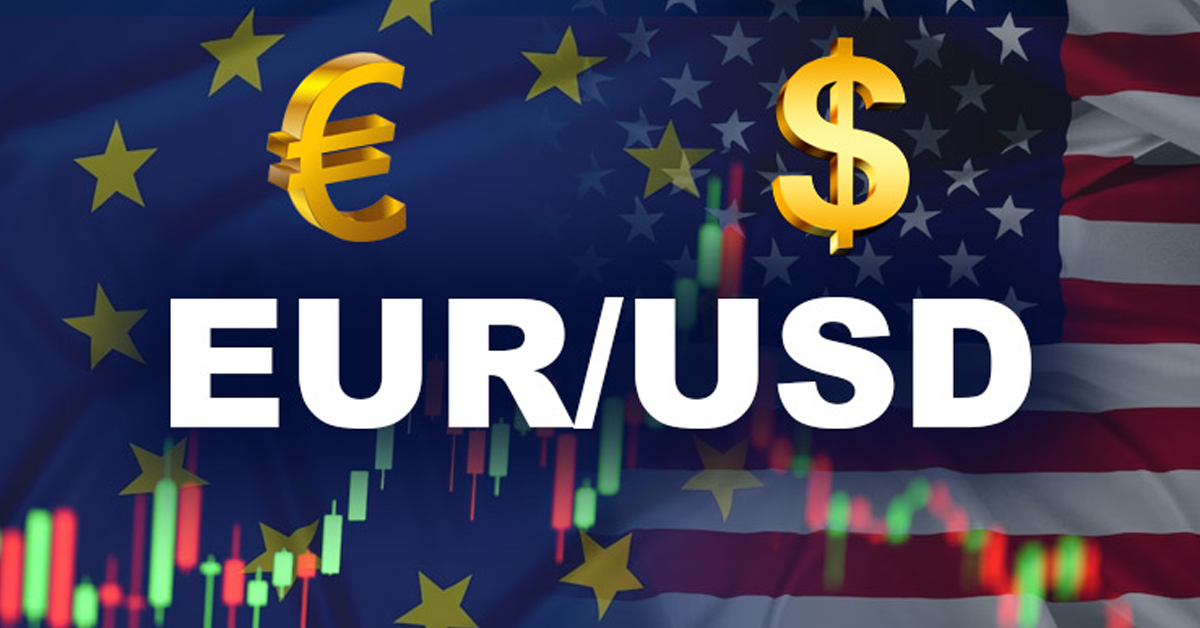Opec+ expects a minor increase in oil production as demand dented by China Covid-19 rules
Opec+ members are anticipated to agree on a small rise in oil output on Thursday (May 5), boosted by threats to demand due to coronavirus restrictions in China. Russia’s invasion of Ukraine has further heightened supply fears, which have been exacerbated by Europe’s announcement of a prospective Russian oil embargo. Brent North Sea crude closed above US$110 a barrel on Wednesday, the highest level in two and a half weeks.
Analysts, however, believe that the latest spike will not upset the 13 members of the Organization of Petroleum Exporting Countries, led by Riyadh, and its ten partners, led by Moscow, together known as Opec+. “Despite continuous turmoil related to the Russia-Ukraine crisis,” XTB analyst Walid Kudmani told AFP, citing “prospects of dropping demand because to extensive lockdowns witnessed in China as a result of rising Covid-19 instances.”
As in prior months, the cartel is expected to open the taps at 432,000 barrels per day in June, continuing a plan launched in the spring of 2021, when the economy began to recover from the shock of the epidemic. The negotiations will begin with technical discussions during the ministerial committee meeting, which will take place at 7 p.m. Singapore time in Vienna, the cartel’s headquarters. China has been mostly spared for the past two years, but in recent weeks it has been facing its greatest corona virus epidemic since the spring of 2020, putting its zero-Covid-19 strategy to the test. Beijing halted hundreds of metro stations on Wednesday, and citizens worry their city will be shut down, as is already the case in Shanghai, the country’s largest metropolis with a population of 25 million people.
Slowing activity in China is undoubtedly a factor that will justify the choice to stand put in the face of “increasing international demand to expand production to solve the deteriorating global energy crisis,” according to Swiss quote Bank analyst Ipek Ozkardeskaya. According to Mr Fawad Razaqzada, analyst at City Index and Forex.com, this is “a cause to stay cautious.” New economic penalties on Russia are not anticipated to shift the needle for the time being.
The European Commission asked for a ban on all Russian oil, crude and processed, delivered by sea and pipeline by the end of 2022 in its sixth package of sanctions, European Commission President Ursula von der Leyen told the European Parliament. This scenario raises concerns about supply in an already tense European market. While the penalties must be approved by all 27 EU member states, Hungary, which is heavily reliant on Russian supplies, has opposed the idea in its current shape. “If it (the EU) can persuade its members to accept the proposal… it would have a significant impact on Russian oil shipments,” Mr Razaqzada added. But, once again, the Opec+ coalition, keen to maintain unity and avoid upsetting Moscow, will “definitely not rescue the day,” according to Ms Ozkardeskaya.
“The cartel made it plain that the Ukraine conflict, which has an impact on Russian exports, is not a reason for worry,” she added. Opec+’s wait-and-see strategy, according to Mr Stephen Innes, analyst at SPI Asset Management, is “increasingly unsustainable” and “contrary to its mission statement.” This is why the business has “constantly been chastised for being tardy and technically unprepared to respond to recent developments in global markets,” he claims. But does Opec+ hold the key to price stability? The cartel routinely fails to reach its output requirements due to a lack of investment in oil infrastructure in some member nations and operational issues.











